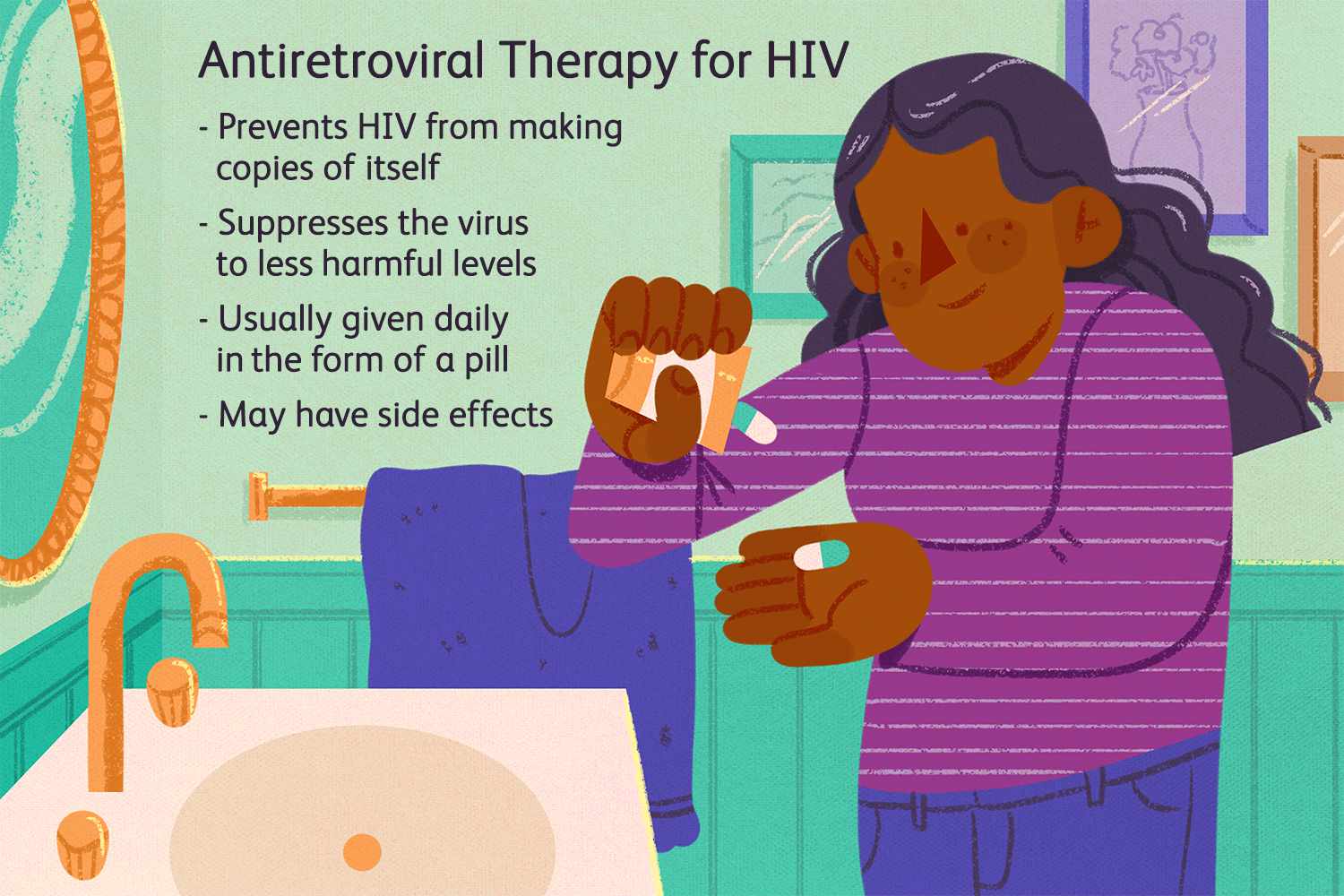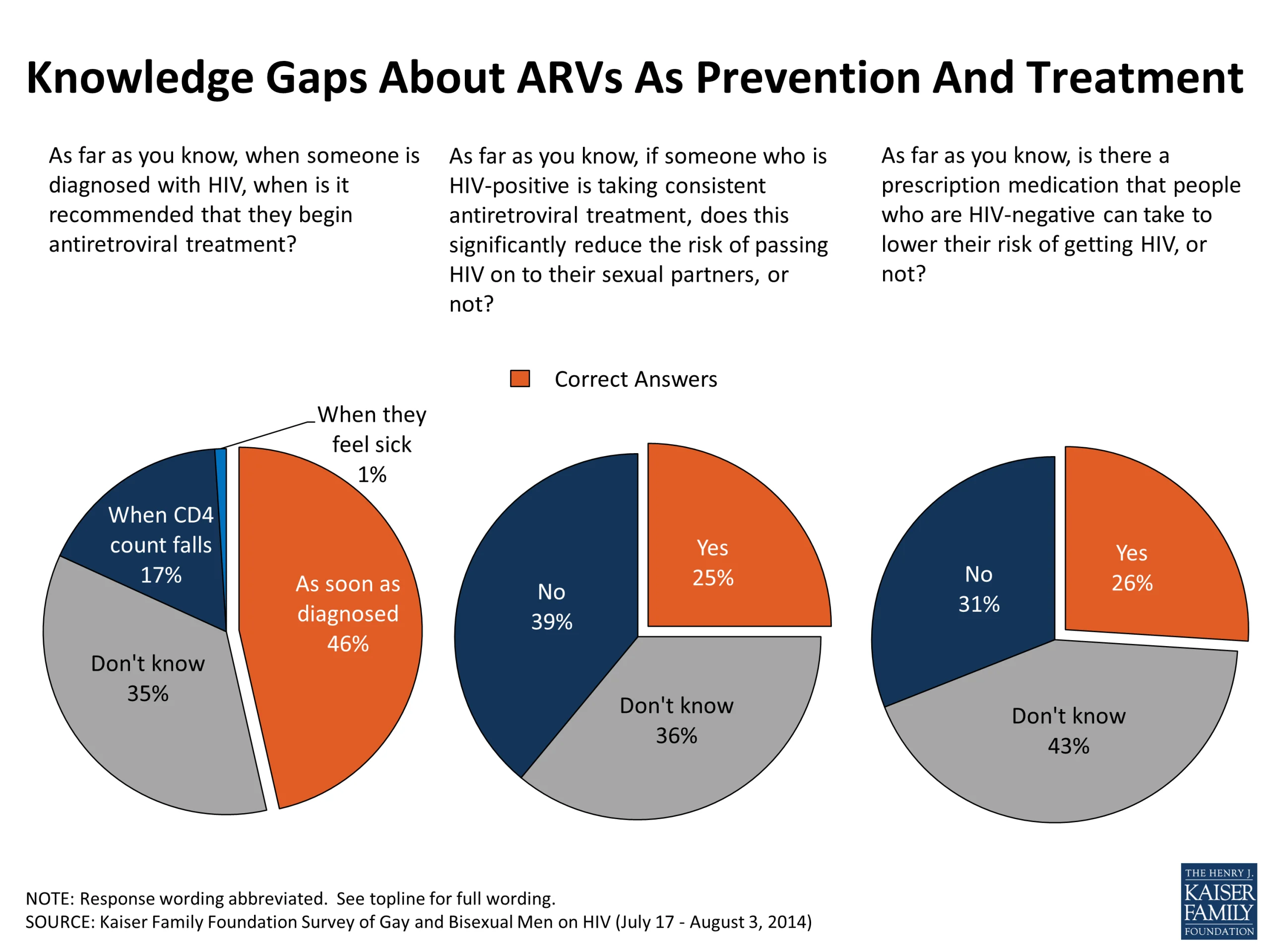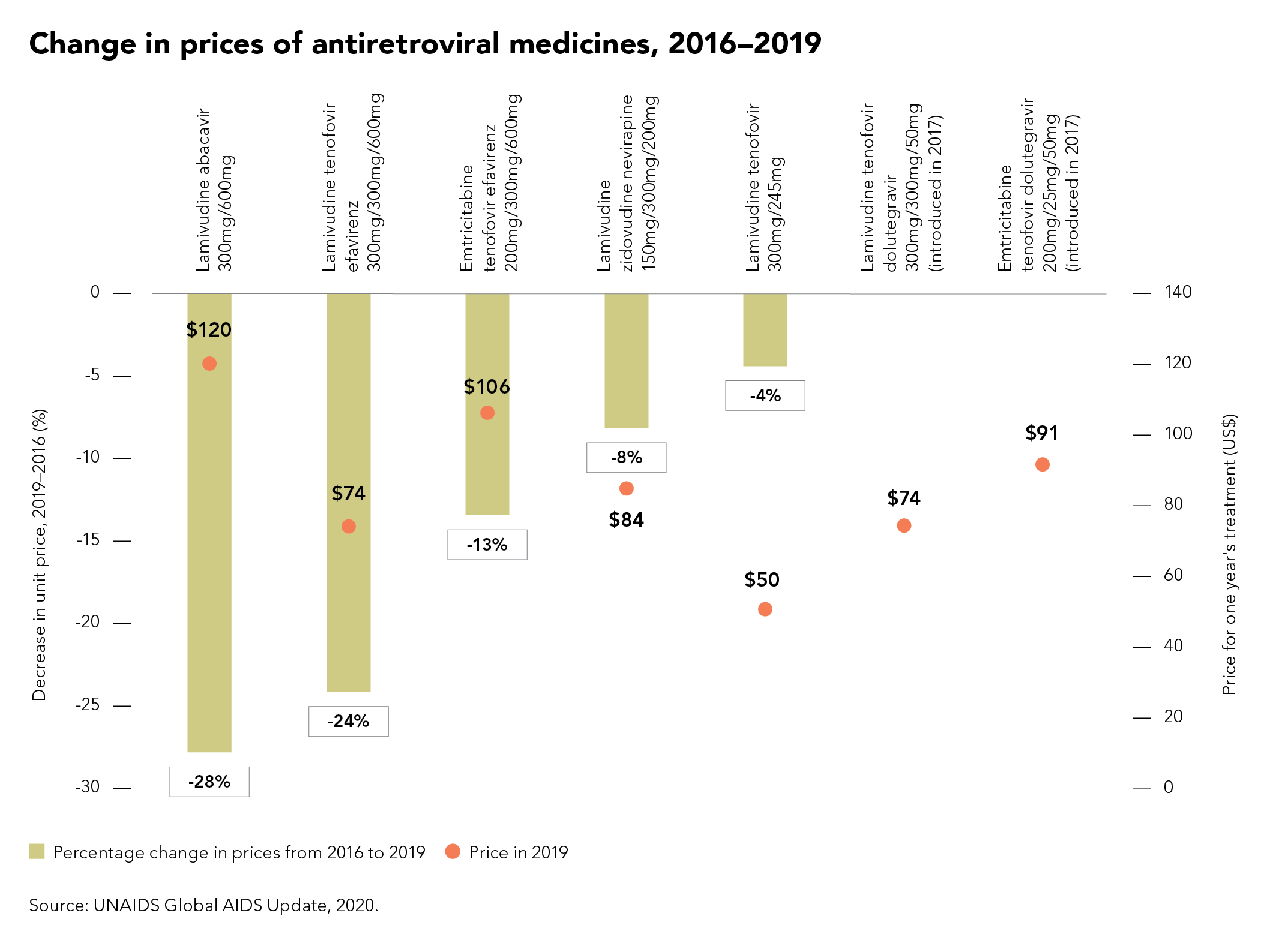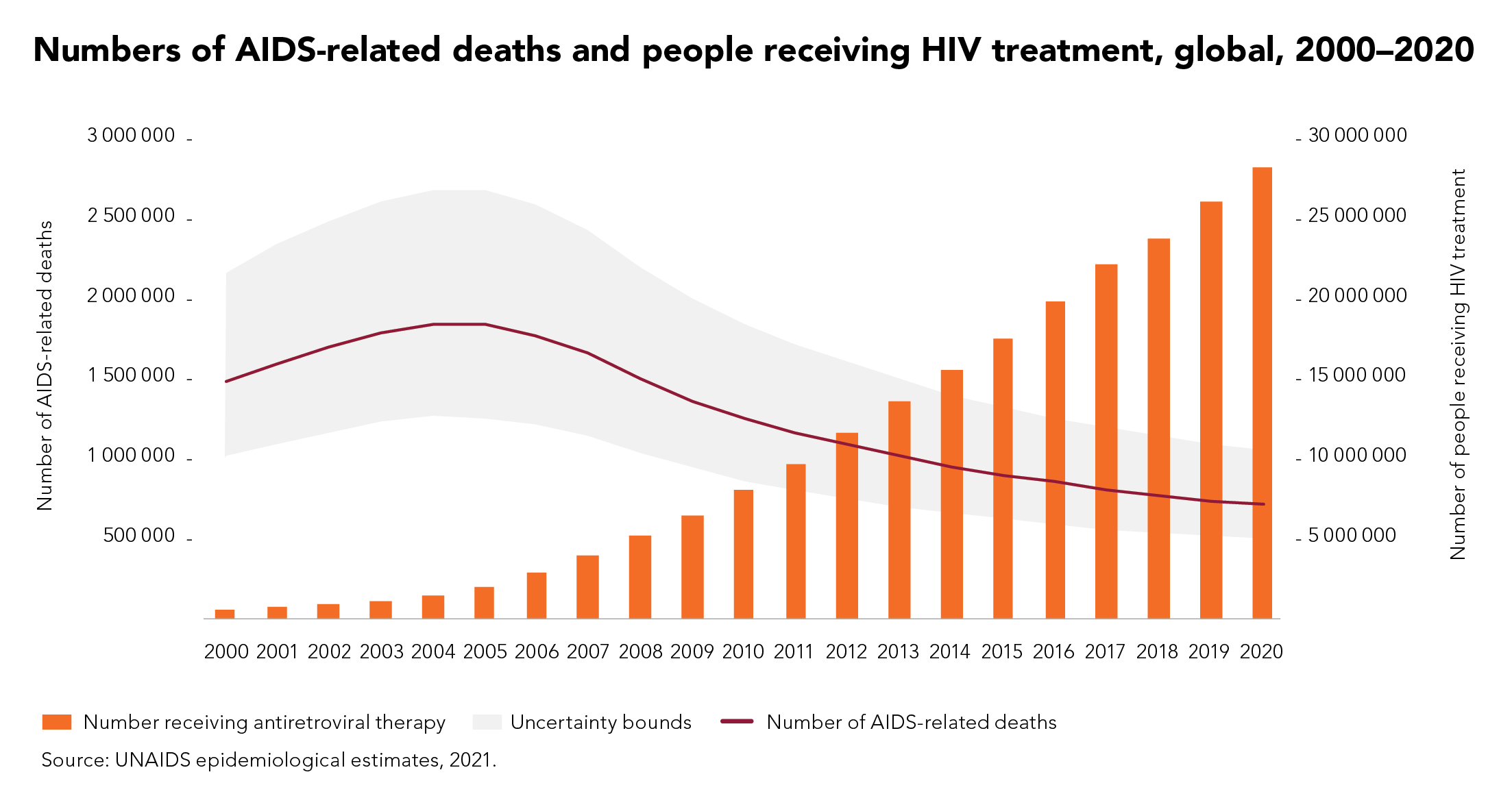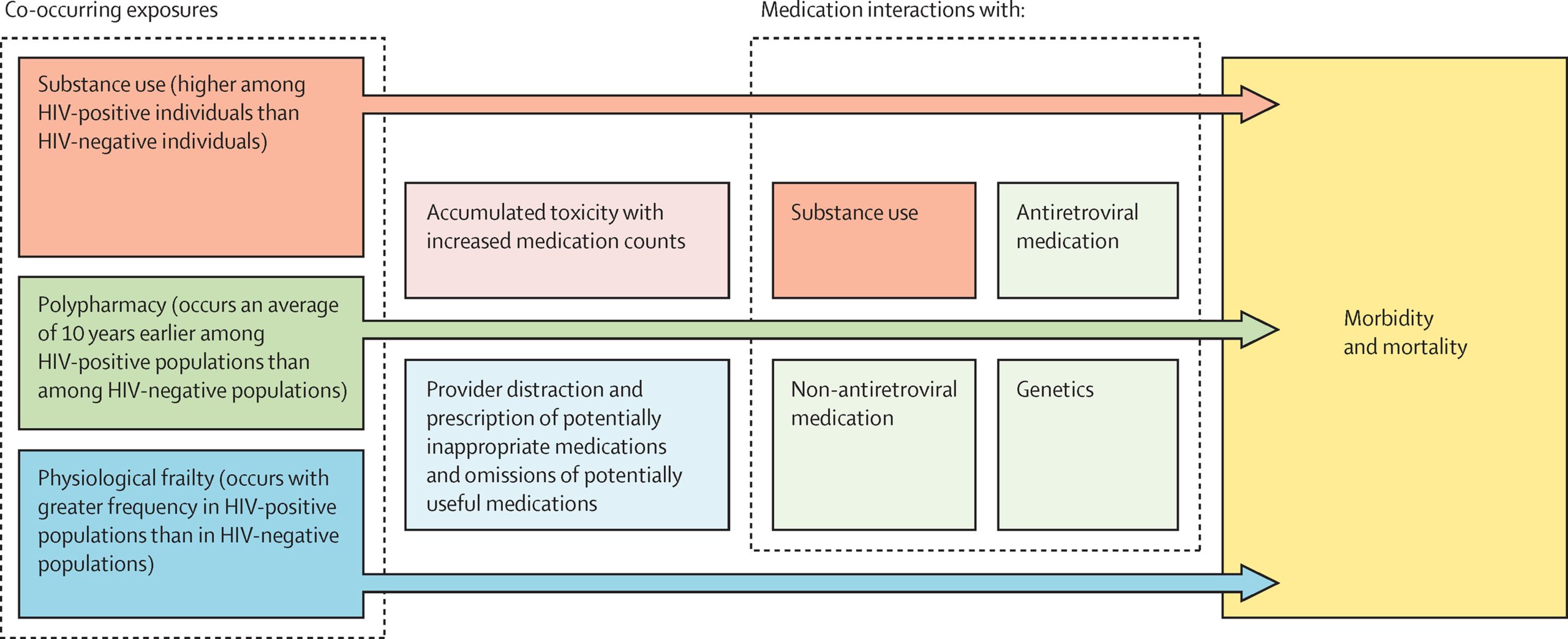
Key facts
- If you are diagnosed with HIV in Australia, you’re likely to live a long, healthy life if you’re careful to take your medication.
- There are five types of medicines used for HIV and your doctor will prescribe you a combination of three of them.
- Be careful not to skip drug doses, to reduce your chance of developing resistance to treatment.
- Tell your doctor about any side effects from HIV drugs, as these can usually be managed effectively.
- If your HIV viral load is undetectable, then you can have sex without any risk of passing on HIV to your partner.

What are antiretrovirals and why do I need them?
HIV (the human immunodeficiency virus) damages your immune system by attacking blood cells that help fight infection. Acquired Immune Deficiency Syndrome (AIDS) is the condition that develops if HIV is not treated.
The medicines used to fight HIV are called antiretrovirals. They work to stop the virus multiplying. This helps protect your immune system from damage caused by HIV.
The medications used to treat HIV and AIDS may be similar.
If there is damage to your immune system, medicines can help stop further damage and even allow your immune system to partly repair itself.
There’s no cure for HIV and AIDS, but if you’re careful to take your HIV medicines regularly, you’re likely to live a long, healthy life, like most HIV-positive people in Australia.
What types of antiretrovirals might I be prescribed?
Types of antiretrovirals include:
- nucleoside reverse transcriptase inhibitors (NRTIs or ‘nukes’)
- non-nucleoside reverse transcriptase inhibitors (NNRTIs or ‘non-nukes’)
- protease inhibitors
- integrase inhibitors
- entry inhibitors
If you have HIV, you’ll usually be prescribed a few different antiretrovirals at the same time — at least 3 medicines from at least 2 of the 5 classes. This is known as combination therapy. Some HIV medications are single pills that combine more than one medicine. Sometimes you might be given 1 or 2 different pills, but these can actually be 3 different medicines.
As well as antiretrovirals, your treatment can include medicines to guard against infections, as your immune system may no longer be able to fight them.
When will I be treated with antiretrovirals?
Your doctor will talk to you and refer you for blood tests to help determine if you need treatment, whether your treatment is working or if you need to change your treatment.
These tests include viral load (the level of HIV in your blood) and a CD4 cell count. CD4 is the type of immune cell that is affected by HIV.
What are the side effects of antiretrovirals?
If you’re taking antiretrovirals, you may experience no side effects, or you may have side effects such as diarrhoea, headaches, nausea and stomach ache. Your doctor can help you manage these side effects, and they often decrease after the first month.
You may develop long-term side effects, such as nerve damage causing hand and foot pain, high cholesterol, high blood sugar, change in body shape (lipodystrophy), liver or kidney damage, anaemia, mouth ulcers, or mood changes.
Your doctor can help you manage any long term side effects, with changes in diet or lifestyle or with new medicines.
Will I develop resistance to medication?
If you skip doses of your HIV drugs regularly, you might develop resistance to the medicine, which means the medicine won’t work on you as well as it should.
Your doctor can help lower your chance of resistance to HIV medicines by choosing effective medicines and by using a combination of medicines instead of just one. You can help lower your chances of developing resistance by taking each dose on time.
If you do develop resistance, your doctor may start you on different medicines, or recommend a combination of more than 3 medicines.
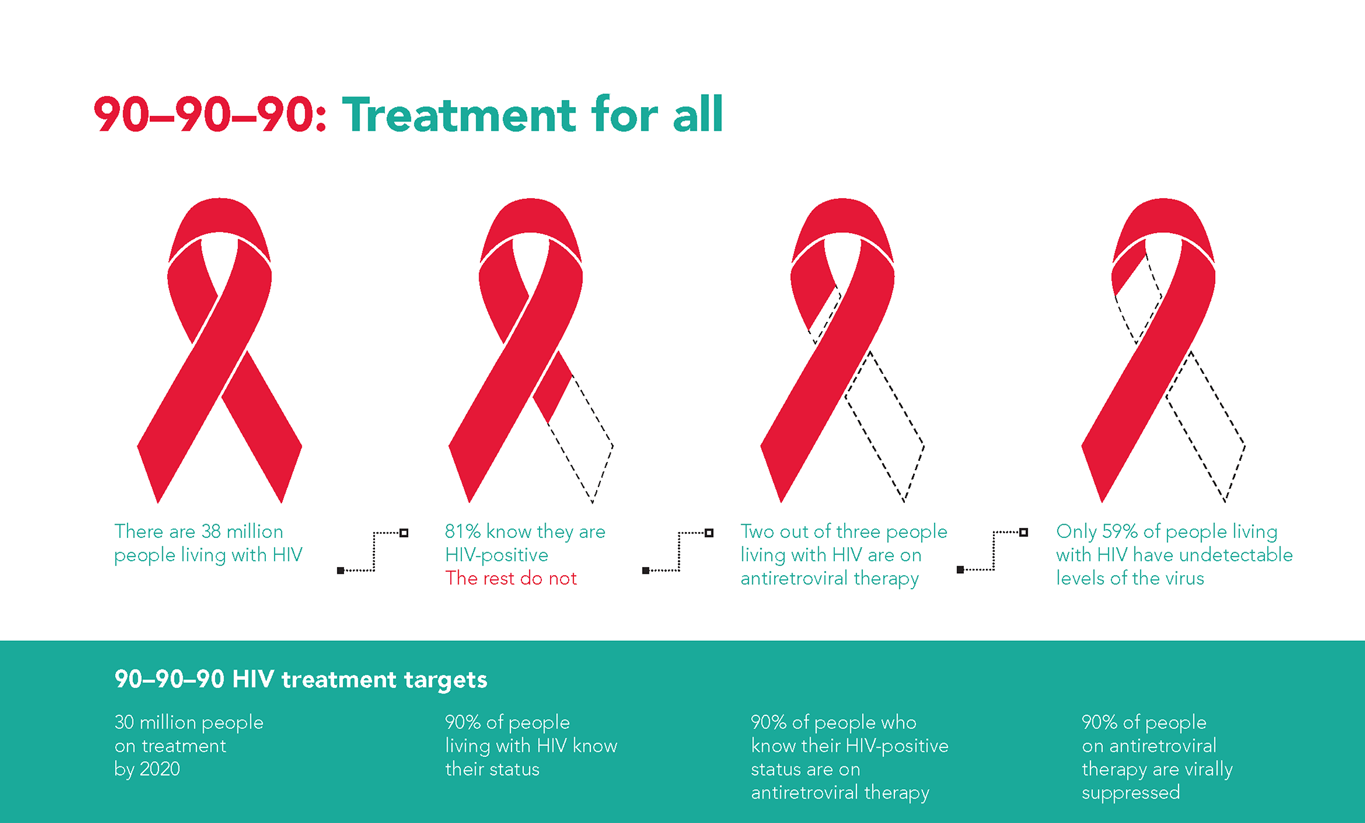
Tell your doctor if you are concerned about your symptoms — never stop or change your medicine on your own.
How long does treatment take?
You will usually need to take antiretrovirals for life.
What is U=U and what does it mean for me?
U=U stands for Undetectable = Untransmittable.
U=U is a public health campaign to spread the message that if your blood tests show you have no detectable HIV (Undetectable viral load) then you can’t infect anyone else with HIV (Untransmittable).
The best way to keep your HIV viral load at an undetectable level is by taking your antiretroviral medicines exactly as prescribed.
If your HIV viral load is undetectable, then you can have sexual intercourse with no risk of spreading HIV to your partner. It’s still important to remember that unprotected intercourse still puts you at risk of catching or passing on other sexually transmitted infections (STIs).
